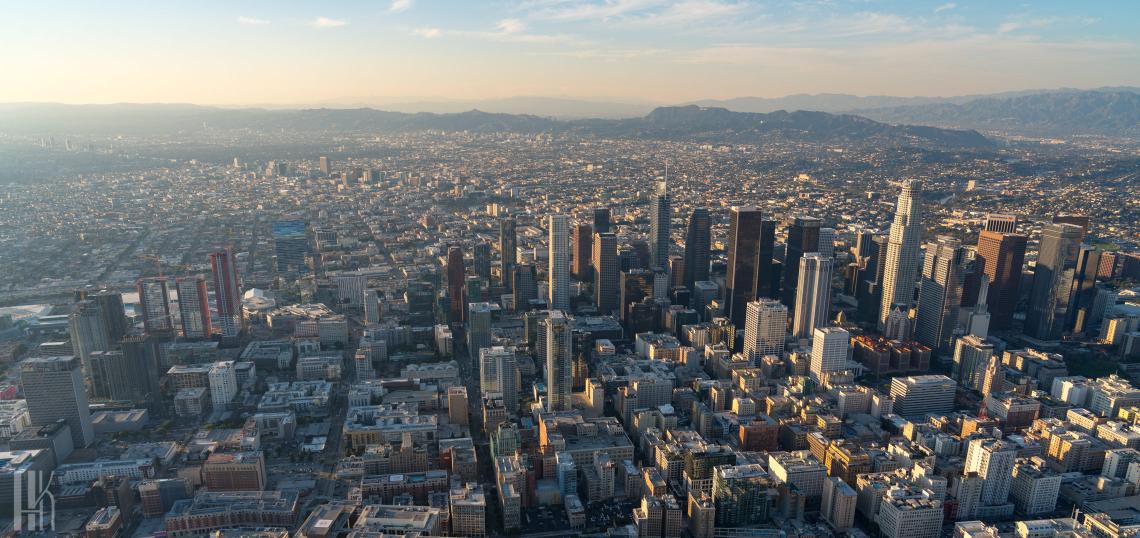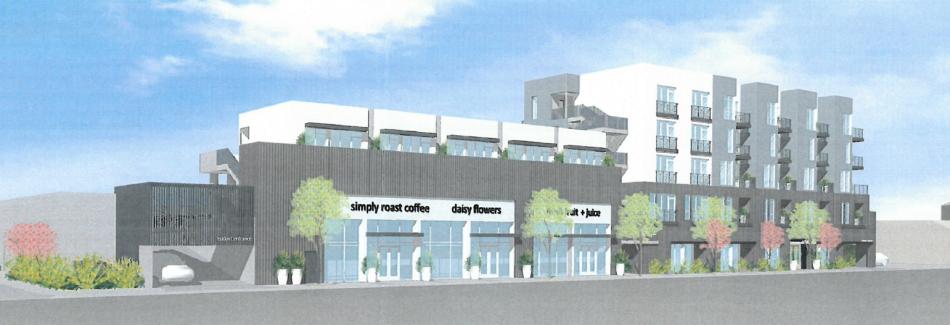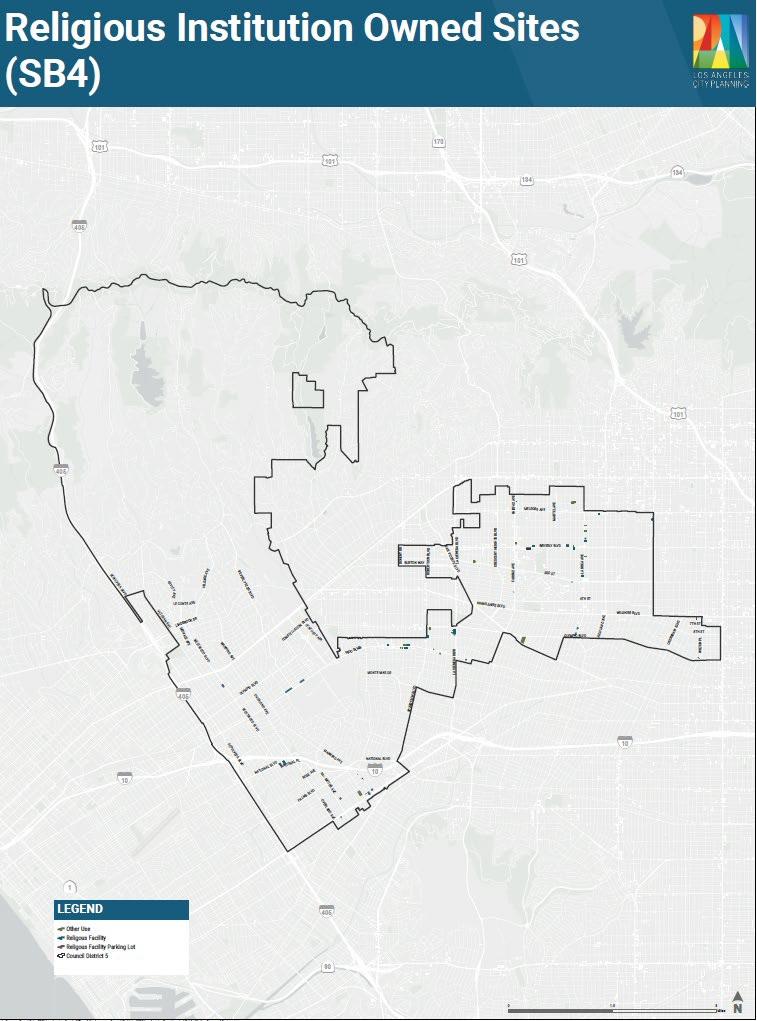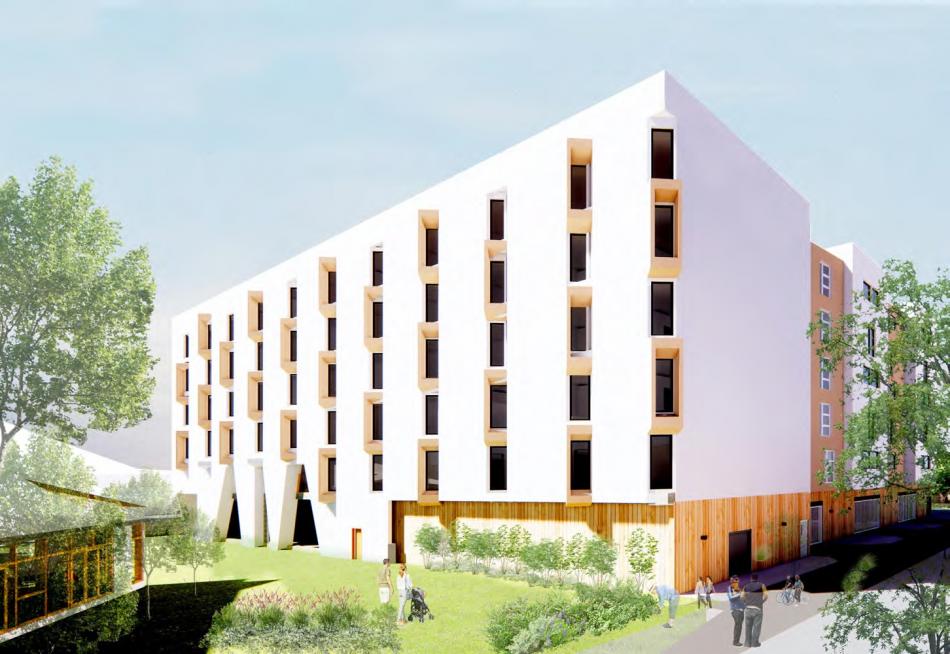Last year, California Governor Gavin Newsom signed SB 4 into law, clearing the way for the construction of affordable housing on properties owned by religious institutions. The City of Los Angeles is now looking to enact a similar effort at the local level.
On April 2, the City Council voted to create its own ordinance aimed at facilitating the construction of deed-restricted affordable housing on land owned by faith-based institutions. According to a Planning Department staff report, the local regulations are expected to provide greater flexibility than the pathway created under SB 4.
SB 4, authored by San Francisco's Scott Wiener, allows for by-right approval of 100 percent affordable housing developments on land owned by churches, with some allowances for ancillary uses at the street level. Projects utilizing SB 4 are exempt from review under the California Environmental Quality Act, and are not required to seek a zone change, variance, or conditional use permit. Additionally, eligible projects can include a religious use or other legally permitted. Additionally, eligible sites must have been owned by the institution on or before January 1, 2024, and be located outside of environmentally sensitive areas, must not require the demolition of deed-restricted affordable housing or rent-controlled housing, and cannot be located within 3,200 feet of oil and gas extraction and refinery facilities. Likewise, projects are subject to prevailing wage and other labor requirements.
The local ordinance, initiated by a motion from 5th District Councilmember Katy Yaroslavsky, could strip away some restrictions contained in SB 4, including requirements for site ownership on or before January 1, 2024, and provide tailored incentive programs for lower and higher density zoned sites. Additionally, the city ordinance may allow for up to 20 percent of homes to be unrestricted by income - a change which could allow developments to house members of the religious institutions which own the land.
A Planning Department staff report estimates that 76 percent of sites owned by faith-based institutions citywide may be eligible for redevelopment under SB 4. In Council District 5 alone, that amounts to 281 potentially eligible sites, with capacity for up to 2.5 million square feet of development. Citywide, the total number of potentially eligible sites numbers in the thousands.
While SB 4 clears a path for development on church-owned land, impediments such as financing and a lack of knowledge of real estate development could impede projects from moving forward. To work around those obstacles, the staff report recommends a partnership with organizations such as the Southern California Association of Nonprofit Housing to help train faith-based organizations on the process.
Some religious organizations have already gotten a head start on the development process. IKAR, a Jewish congregation in Pico-Robertson, is partnering with Community Corp. of Santa Monica on a project which could bring affordable housing to a site on La Cienega Boulevard. Community Corp. is also working on a similar project on land owned by a Methodist church at 4464 Sepulveda Boulevard in Culver City.
The backdrop for this change is the City of L.A.'s ongoing effort to meet the goals of its 2021-2029 Housing Element, which calls for rezoning to accommodate up to 255,000 new homes. The Planning Department recently unveiled a series of housing incentive programs intended as facilitating the construction of new apartments on commercial corridors, job centers, and transit lines.
Follow us on social media:
Twitter / Facebook / LinkedIn / Threads / Instagram









